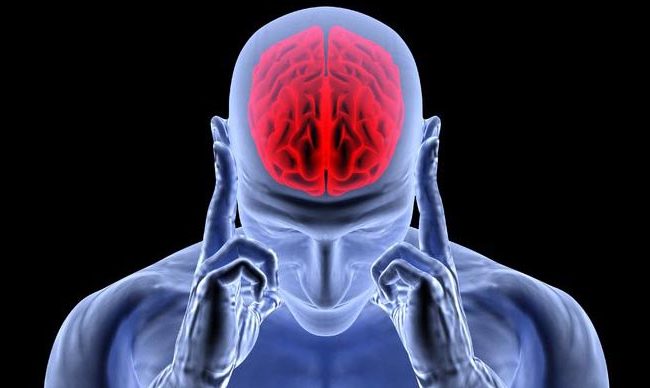Could Traumatic Brain Injuries Be Responsible For Mental Health Conditions?
During the last fifteen years, an increasing amount of time and money has been invested into mental health research with the aim of gaining a better understanding of the conditions affecting such a large percentage of society. A better understanding would also help us to provide the right support when and where it is needed.
However, although what much of this research has shown may seem somewhat surprising, when you sit down and think about it, the results make perfect sense. A paper in the American Journal of Psychiatry investigated the links between brain injuries and mental health conditions and found that even one single occasion of head trauma increases the risk of mental health issues later on in life, and this is particularly true if the injury occurs during adolescence.
One of the problems with head injuries is that they are rarely visible on the outside, and require imaging to assess if there is any real damage. In many cases, head injuries are ‘shaken off’ and not investigated any further, meaning the person has no idea if any real damage has been done.
Unfortunately, brain injuries can result in a variety of impairments, the nature of which will vary depending on the extent and location of the trauma. Some of the most common difficulties experienced as a result of a head injury include maintaining concentration, poor memory, lack of coordination and balance, and low or erratic moods, symptoms also associated with many mental health conditions.
Dementia/Alzheimer’s
There has been a lot of media attention given to Alzheimer’s and other forms of dementia which are degenerative diseases affecting an increasing number of the population. Dementia affects cognitive ability, complicates the effective management of other medical conditions, and dramatically reduces a sufferer’s quality of life and expected lifespan.
Some research into the disease has found that the inflammation of the brain that usually occurs after a head trauma could encourage the formation of plaques and tangles that are identifying features of Alzheimer’s disease. Similarly, there is also evidence to suggest that brain injuries lead to increased amounts of certain proteins within the brain. Similar levels of this protein have also been witnessed in brain tissue of people diagnosed with dementia.
Addiction
Is it a coincidence that many sporting heroes have battled addiction either during or after their careers? Science suggests not.
Located at the front of the brain, the frontal lobe is responsible for a lot of behavioral traits including judgment, social and sexual actions and impulse control.
When you consider the repeated risk of injury in many sporting pursuits – think soccer, boxing, football, wrestling, skiing, ice hockey and more – the possible link between head injuries and a loss of impulse control leading to addiction problems seems to become much clearer. In fact, the injuries sustained in these sorts of situations have even been given their own name – Chronic Traumatic Encephalopathy or CTE for short.
CTE can be caused either by repeated, smaller concussions or by one immense blast. People who suffer from CTE will experience a degeneration of brain tissue, along with a build-up of harmful proteins, and this has been seen in some human studies of deceased sports people.
CTE has also been seen in combat veterans since the Afghanistan and Iraq wars, probably the result of IED blasts or other physical trauma sustained in battle.
PTSD
War veterans often display out of character or extreme behavior, and there is plenty of evidence to suggest that brain injuries exacerbate the high emotions and trauma that vets feel when they return home after a tour of duty.
Studies have shown a distinct overlap in the symptoms experienced by those people who have traumatic brain injuries and those who are suffering from PTSD. This is largely due to damage to the frontal lobe, which as we have already discussed, is responsible for our behavior, and the area of the brain that is responsible for fear – known as the amygdala. The combination of damage to these two areas can result in the extreme personality changes and behavior that we see exhibited by our veterans, including irrationality, stress, memory loss, confusion, misperception of what is and is not reality, lack of impulse control, insomnia and paranoia.
ADHD /Autism
Lack of impulse control is a defining feature of a number of other mental health conditions including Attention Deficit Hyperactivity Disorder (that’s ADHD to you and I!) and autism. Sufferers of these conditions often struggle with their behavior and are well known for their blunt manner, their inability to understand what is and is not socially acceptable and their inability to organize themselves.
Again, these are all symptoms that have very much in common with head trauma, making it entirely possible that traumatic brain injuries may well have been responsible for ADHD, ASD or many other forms of disability.
These are just a few of the mental health conditions that research now suggests may not be entirely genetic or circumstantial, and as we move into the latter part of the decade we can be hopeful that with continued research and investment, we will be much closer to finding successful treatments for these and a wide range of other mental health conditions.
http://www.impactaging.com/papers/v6/n9/full/100690.html
http://www.diamondlantern.com/hypnosis-and-healing/how-to-reverse-alzheimers/





